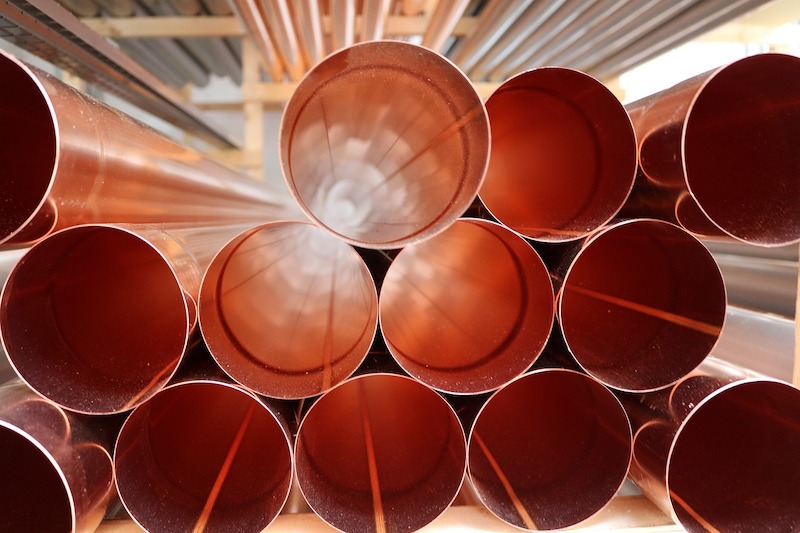The Environmental Protection Agency has finalized the first major update to the agency’s Lead and Copper Rule (LCR) in nearly 30 years.
The update strengthens every aspect of the LCR and accelerates actions that reduce lead in drinking water to better protect children from lead exposure, according to an EPA news release. “For the first time in nearly 30 years, this action incorporates best practices and strengthens every aspect of the rule, including closing loopholes, accelerating the real world pace of lead service line replacement, and ensuring that lead pipes will be replaced in their entirety,” said EPA Administrator Andrew Wheeler.
“The U.S. has made tremendous progress in lowering children’s blood lead levels by phasing lead out of gasoline, banning lead paint, and implementing the old LCR,” the news release says. “However, the old rule included deficiencies that are fixed by EPA’s new Lead and Copper Rule. For example, the old rule created so many loopholes that only 1% of utilities actually replaced lead pipes as a result of an action level exceedance.”
In older homes and buildings, lead can leach from service lines, solder, and fixtures into tap water and become a significant source of lead exposure. In children, lead exposure can cause irreversible and life-long health effects, including decreasing IQ, focus, and academic achievement.
Related Stories
| Sep 8, 2022
U.S. construction costs expected to rise 14% year over year by close of 2022
Coldwell Banker Richard Ellis (CBRE) is forecasting a 14.1% year-on-year increase in U.S. construction costs by the close of 2022.
| Aug 29, 2022
Montana becomes first U.S. state to approve 3D printing in construction
Montana is the first U.S. state to give broad regulatory approval for 3D printing in building construction.
| Aug 25, 2022
New York City’s congestion pricing aims to reduce traffic, cut carbon
Officials recently released an environmental assessment that analyzes seven different possible pricing schemes for New York City’s congestion pricing program.
| Aug 23, 2022
New Mass. climate and energy law allows local bans on fossil fuel-powered appliances
A sweeping Massachusetts climate and energy bill recently signed into law by Republican governor Charlie Baker allows local bans on fossil fuel-powered appliances.
| Aug 22, 2022
Gainesville, Fla., lawmakers moved to end single-family zoning
The Gainesville City Commission recently voted to advance zoning changes that would allow duplexes, triplexes, and quadplexes to be built on land currently zoned for single-family homes.
| Aug 16, 2022
DOE funds 18 projects developing tech to enable buildings to store carbon
The Department of Energy announced $39 million in awards for 18 projects that are developing technologies to transform buildings into net carbon storage structures.
| Aug 11, 2022
Report examines supposed conflict between good design and effective cost management
A report by the American Institute of Architects and the Associated General Contractors of America takes a look at the supposed conflict between good design and effective cost management, and why it causes friction between architects and contractors.
| Aug 10, 2022
U.S. needs more than four million new apartments by 2035
Roughly 4.3 million new apartments will be necessary by 2035 to meet rising demand, according to research from the National Multifamily Housing Council (NMHC) and National Apartment Association.
| Aug 9, 2022
Work-from-home trend could result in $500 billion of lost value in office real estate
Researchers find major changes in lease revenues, office occupancy, lease renewal rates.
Legislation | Aug 8, 2022
Inflation Reduction Act includes over $5 billion for low carbon procurement
The Inflation Reduction Act of 2022, recently passed by the U.S. Senate, sets aside over $5 billion for low carbon procurement in the built environment.

















